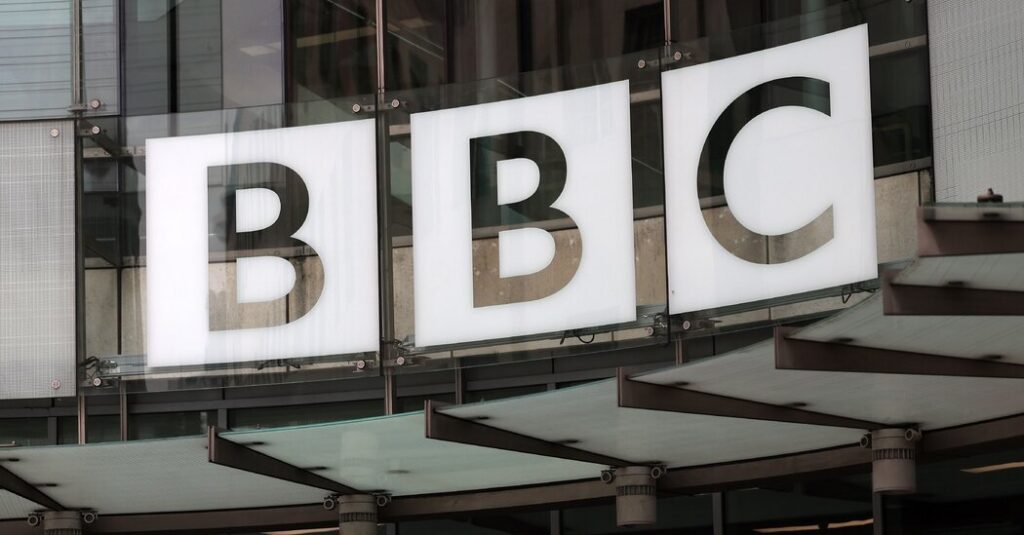Forecasts call for winds of 13,000 mph in Chicago, temperatures of 832 degrees in Brazil and slightly warmer in Kenya.
But thankfully those predictions were wrong. These were the result of a glitch in the BBC Weather app, which warned of disaster across the world on Thursday.
The BBC apologized for the error and the forecast was partially revised by Thursday evening.
The British public broadcaster said highly inaccurate forecasts were being displayed on the BBC’s website and weather app due to inaccurate forecast data from third-party company DTN.
The BBC said in a statement that the problem was “with some weather data from forecast providers, producing incorrect numbers and text on the BBC Weather app and website.”
DTN did not respond to a request for comment Thursday.
A BBC spokesperson said the company was working with DTN to resolve the issue.
Tens of millions of people have downloaded the weather app since its launch in 2013, according to the Google Play Store.
Some people who saw the weather forecast shared screenshots of their weather app on X (formerly Twitter).
Stuart Malcolm, from the southern English city of Chichester, shared a photo of predicted wind speeds of 16,717 miles per hour for Chichester and said it looked like the city had been relocated “to the surface of Neptune.”
“I just thought it was weird because it was obviously a glitch,” Malcolm wrote in The New York Times on Thursday, adding that he checked multiple weather apps anyway before heading out to see the aurora borealis tonight. “Fortunately, we didn’t have to go more than a few miles away.”
BBC meteorologist Simon King warned X followers on Thursday not to be surprised by the app’s numbers.
“Rest assured, 14,408 mph winds, hurricane force winds, and overnight temperatures of 404 degrees will not occur,” King wrote.
Weather apps often get their information from automatic data collected from national weather agencies and weather stations. This data may require additional analysis and interpretation by meteorologists before being of use to the public. However, it is unclear why the data that entered the BBC on Thursday was so inaccurate.


